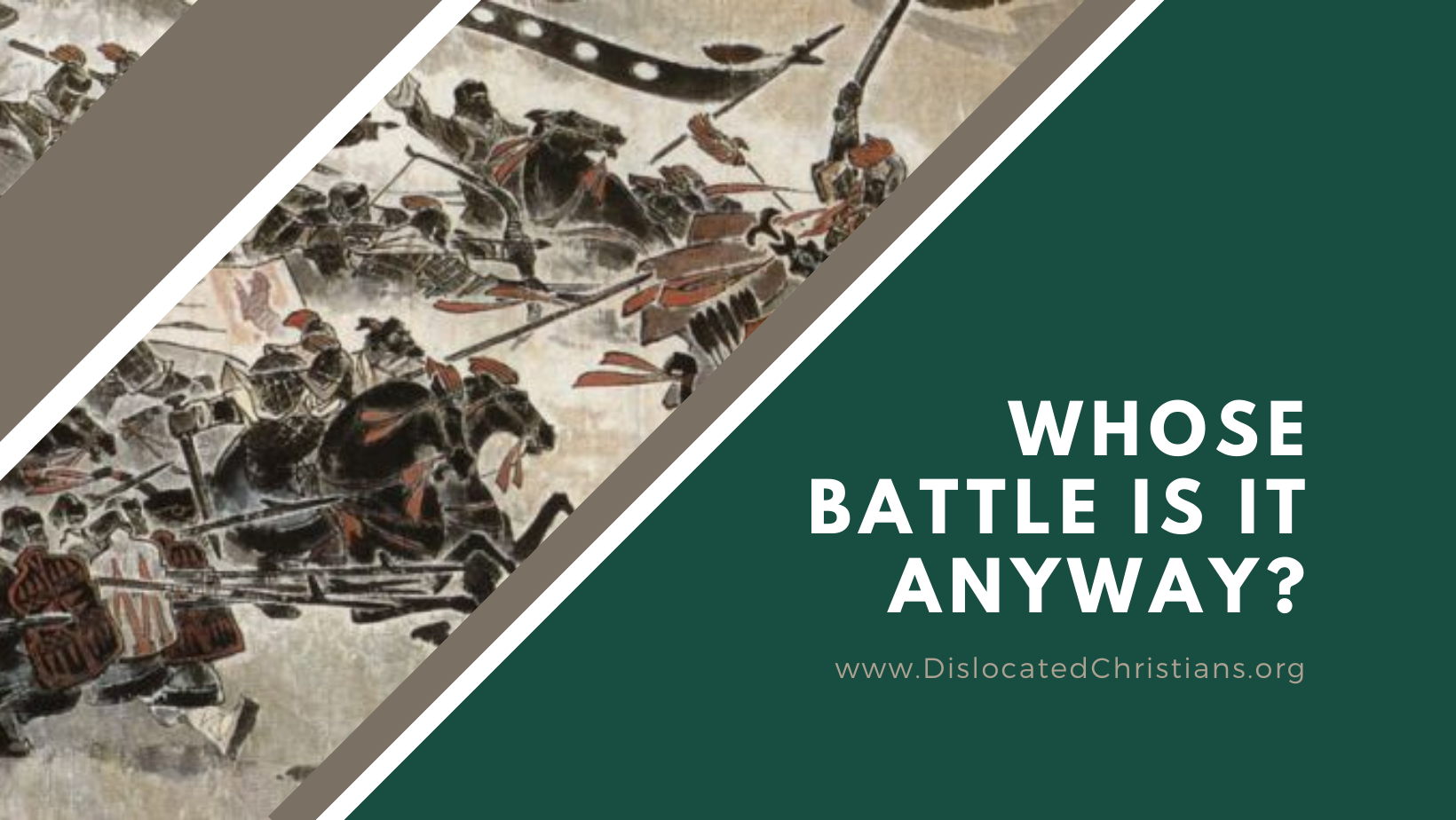I’m often asked by British friends why Trump’s supporters seem to back him with such blind adherence. Having spent four years living in the USA, my answer is that support for political parties in America is akin to that for rival football teams in the UK.
Bitter Rivals
Take, for example, the bitterness between Celtic and Rangers fans in Glasgow, or Liverpool and Everton (also in Liverpool) supporters. Fans of these teams probably like the same TV shows, eat the same food, laugh at the same jokes, buy their clothes from the same places, work for the same companies and certainly love their families. Yet, they display a deep aversion to each other on matchday. Their animosity can become violent after games in their home cities’, even though both groups of fans claim to feel deeply attached to the places.
Everyday is matchday
In my experience allegiance to political parties is like this in America, and every day is matchday. Many evangelical Christians chose the republican party because it opposed abortion, and seem prepared to remain loyal to it no matter what else it stands for, even if that means supporting Trump. Like those football fans and their hatred of rival supporters, neither logic nor policy can sway them from devotion to their party and their man.
The opposition
Remaining loyal to a political party isn’t necessarily wrong; however, problems arise with how opposing parties are treated. Why do so many Christians in America embody such hatred for any political opposition? And why did this lead to violence on 6th January 2020?
Is God a populist?
I reviewed the book ‘Is God a Populist‘ last year. Now, six months on, one of the ideas from it that I am still mulling over is the observation that Christians may be susceptible to the simplified view of the world that populists offer. Christianity is a holistic faith, yet it uses contrast in its teaching and rhetoric, for instance: light and dark, God and the world, sacred and secular, material and spiritual. We are often taught that we are in a battle between good and evil. So, when populist leaders exploit this black and white mindset and offer easy solutions, usually based around an ‘us vs them’ paradigm, to complex political problems, we are receptive to their message. Could that be why so many Christians support Trump?
Marching for Jesus
I was a child during the 1980s when the ‘March for Jesus’ movement spread across the UK. Groups of Christians marched together through their towns and villages singing songs mostly written by Graham Kendrick. Together, we declared that God was sovereign over the country, its people and the problems that society faced; the songs were full of battle and war metaphors.
The wrong mindset
Overall, I don’t believe there was anything wrong with these events. However, the problem is that for some Christians, battle metaphors like these may invoke a Christians vs Non-Christians mindset. Though the ‘March for Jesus’ movement was small in the USA, the belief that Christians need to fight has deep roots and is evident in the so-called ‘culture wars’ between conservative traditionalists and progressive liberals. Author James Davison Hunter likened these to the ‘struggle to define America’. [For instance, gay rights have been an ongoing feature of the culture wars, and the discussion has become utterly polarised].
Should we be living as if we are in the midst of an earthly battle?
I don’t think so. The battle is not ours; it is God’s (2 Chronicles 20:15) and our part is not to ‘wrestle against flesh and blood, but against the rulers, against the authorities, against the cosmic powers over this present darkness, against the spiritual forces of evil in the heavenly places’ (Ephesians 6:12).
Looking for further evidence?
Consider the last instructions given to Christ’s followers before he departed for heaven. He gave us the great commission: we are to go and make disciples, baptise them and teach them.
Not purge the earth of non-Christians.
Not hold on to power so that non-Christians are impotent.
Anyone representing these alternative maxims should be avoided, particularly persuasive politicians that pit us as Christians against non-Christians. Instead, we are to be winsome, as Christ was. We can do this by loving one another and cultivating the fruits of the Spirit: love, joy, peace, patience, kindness, goodness, faithfulness, gentleness, and self-control.
The battle will always be the Lord’s, do we have the faith to allow Him to fight it?
DislocatedChristians exists to create and support a community of like-minded people. Our prayer is that you’ll find some echoes of your dilemmas with church and culture in these pieces, and it will encourage you to know others have the same struggles. Please like, comment on or share our articles if you’ve found them helpful. We’d be immensely grateful if you could follow us, click towards the bottom of the page.
Just as we are each a work in progress, so too is DislocatedChristians. Sometimes we’ll get things wrong, and we hope that you’ll forgive us and continue to stick around when that happens.
Discover more from Dislocated Christians
Subscribe to get the latest posts to your email.


I’m not the world’s greatest thinker about things I seem
to arrive at views by some subconscious process. So I love it when I read something , like this post & think oh yes that’s right ( esp re the battle is the Lords & we fight principalities & powers). Thanks Anna
LikeLiked by 1 person
Thanks for the encouragement Margaret. Much appreciated.
LikeLiked by 1 person
Thank you, Anna. A concise and succinct post is a feat in itself, but one about such a complex topic is amazing. Thank you for the time and energy used to compose this offering. 👏🏾
LikeLiked by 2 people
Thank you for your very kind words.
LikeLiked by 1 person